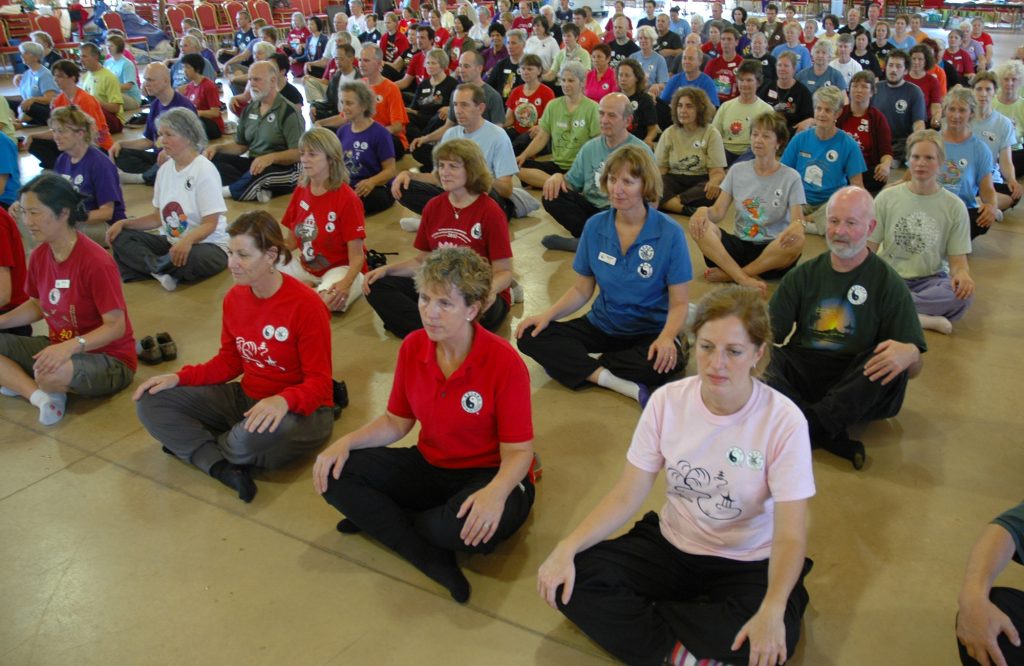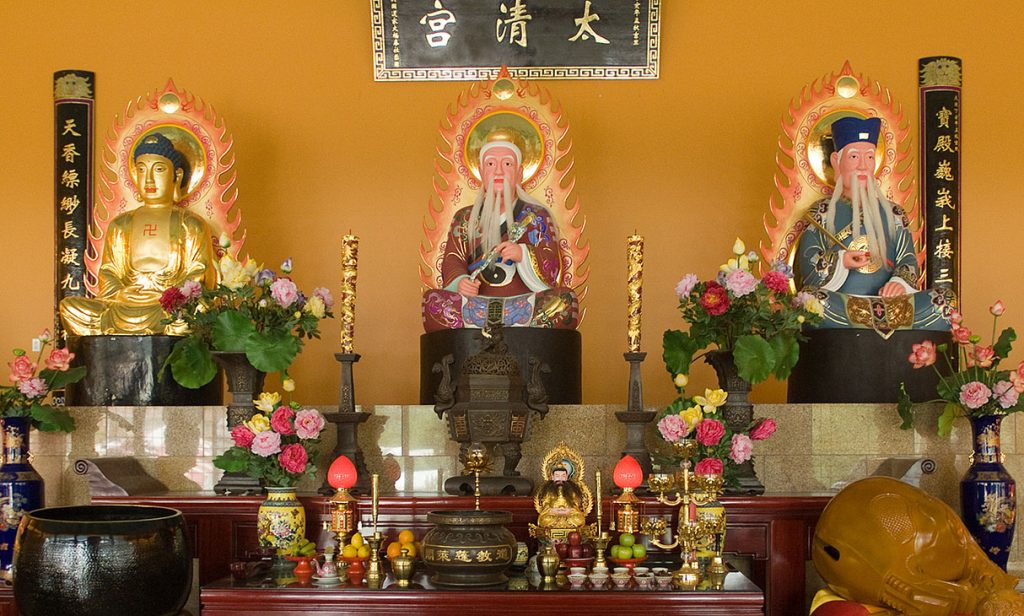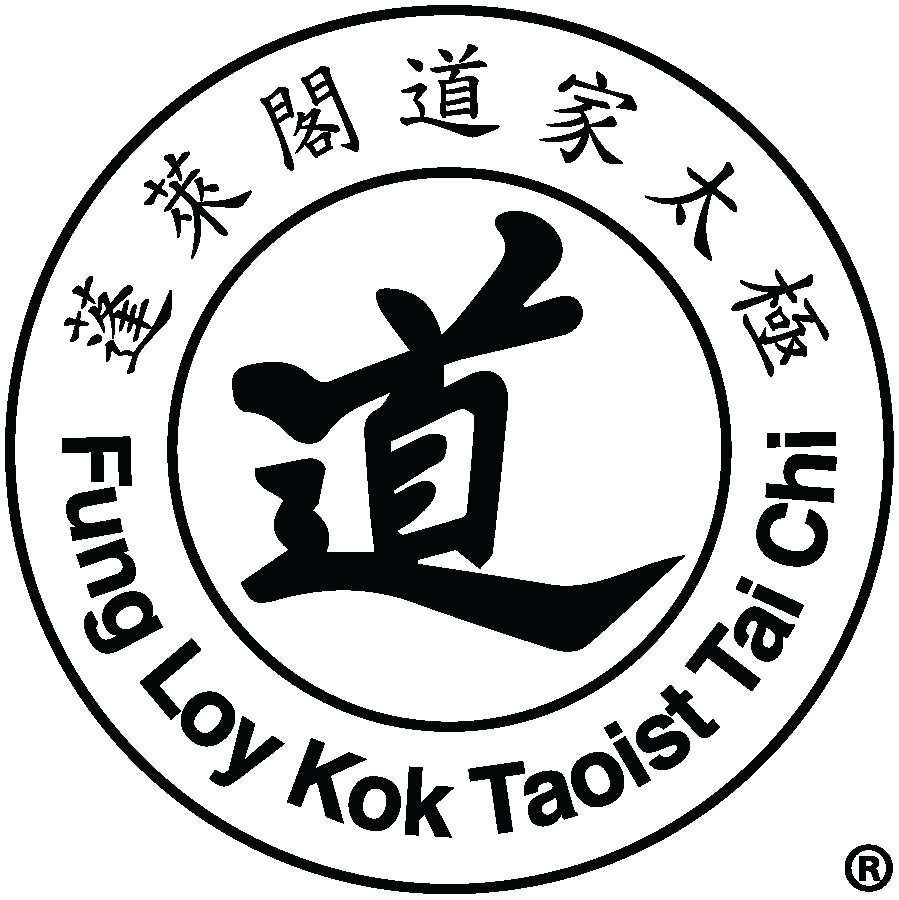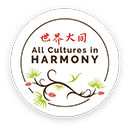An Introduction to Taoism

In the Taoist tradition, a person’s well-being depends on the harmony of body, mind and spirit. Taoist training integrates all these aspects leading to transformation of the whole person. The teachings say that we are all born with a spark of goodness, sometimes referred to as our Original Nature. By learning and practising the Taoist arts, we can walk a path that leads back to this Original Nature, to a state of natural health, stillness and clarity of mind, and a spirit of harmony and compassion for the world and for everyone around us.
The Taoist arts include a rich variety of practices that have been passed down over the ages. All can be understood as different forms of meditation. Some focus on “movement within stillness,” and include walking, standing, sitting and lying postures. Others focus on “stillness within movement” and include Tai Chi, chanting and ceremonies and many other related practices.
Taoism teaches that any activity can become a form of meditation if it is done with the right intention. It also includes teachings that help us “tame our hearts” and develop an attitude of calm, compassion and reduced self-centredness both during practice and in daily life. In our organization, this expresses itself in the deeply held value of volunteerism and service to others that is present in all that we do.
Taoism is a tradition that has a history of openness to wisdom from diverse sources. In line with this, Fung Loy Kok Institute of Taoism observes and integrates the teachings of the three religions of China: Confucianism, Buddhism and Taoism. As well, Taoist practitioners come from a wide variety of backgrounds, cultures and belief systems. All are welcome to participate in any part of the training as they choose.
Motions of the Tao
This colourful documentary examines the traditional Taoist practices taught by Fung Loy Kok Institute of Taoism. It presents the Three Vehicles of Taoist training: good deeds, rituals and ceremonies, and arts of internal transformation of body and mind. It also describes how they are practised in the modern world by practitioners from all walks of life.
Chanting
Texts for Chanting:
Goon Yam Gau Foo Ging
Daai Bei Jau
Bo Hui Jaan
Three Religions Texts
Audio:
Bo Hui Jaan
Videos:
Temples & Shrines

Fung Loy Kok has established temples and shrines at locations around the world. Each is dedicated to one or more deities, and hosts festivals and ceremonies over the course of each year. Both Taoist practitioners and members of the public from from all backgrounds are welcome to visit and pay their respects, or simply enjoy the peaceful yet lively atmosphere.
The Eight Virtues
The Eight Virtues grew out of the Confucian tradition, which teaches us how to cultivate our humanity through harmonious relationships with others and participation in a community of learning. The Virtues help us tame the heart and cultivate Original Nature, providing a pathway toward enlightenment, and guiding all the activities of Fung Loy Kok.
The Eight Virtues booklet contains the original Chinese text as well as a translation.*
It is available for download in the following languages:
English – The Eight Virtues
French – Les Huit Vertus
Spanish – Las Ocho Virtudes
Polish – Osiem Cnót
Dutch – De Acht Deugden
Italian – Le Otto Virtù
*The Chinese text in this booklet is translated by the Fung Loy Kok Institute of Taoism. This publication is not to be reproduced and/or sold for commercial purposes.
Taoist Tai Chi® arts as Religious Activities
All of the arts we teach, including chanting, rituals and ceremonies, meditation, and the 108 moves, provide a path for transformation by reconnecting each person to the Tao.
“The Taoist arts allow me to get outside of myself and to help other people.”


